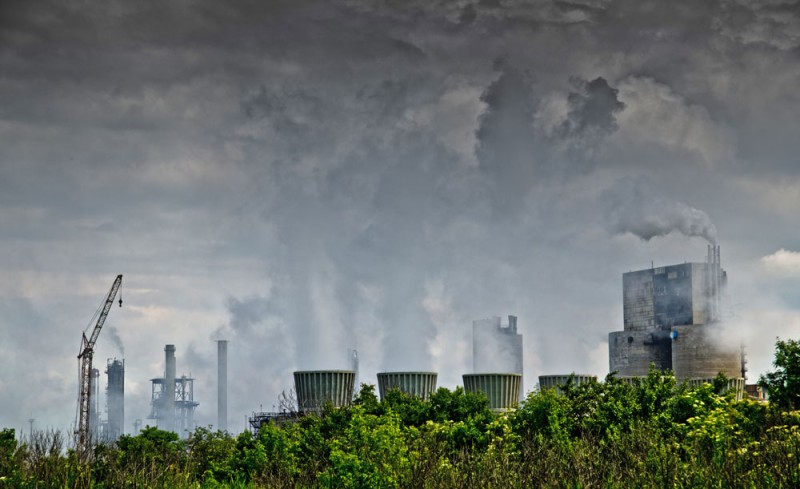
Chris Martin | IASLC media Contact | cmartin@davidjamesgroup.com
The International Association for the Study of Lung Cancer (IASLC)—as an international organization of lung cancer experts who serves patients in both developed and developing countries, as well as vulnerable populations living in heavily polluted areas—is committed to increasing global awareness about the dangers of air pollution. As part of the IASLC’s efforts to work to reduce the impact of air pollution, we proudly observe the International Day for Clean Air and pledge to support efforts to purify the air.
This year’s International Day of Clean Air for Blue Skies on September 7, 2021, serves as a rallying call to action to align our efforts and claim our right to clean air, while encouraging interest from the international community to recognize the importance of clean air, and emphasizing the need to make further efforts to improve air quality, including reducing air pollution, to protect human health.
The IASLC will be answering this call to action by providing a very special presentation by Christine Berg, MD, during the IASLC 2021 World Conference on Lung Cancer’s (WCLC’s) Presidential Symposium on Thursday, September 9 (6:30-8:30 GMT). Dr. Berg assessed the burden of lung cancer by air pollution by country and ranked the top 15 countries by age group (50-69 years and 70 and older). She also compared changes in relative country ranking by age group.
About Air Pollution
Аir pollution is a global problem with far-reaching effects. In the absence of aggressive intervention, the number of premature deaths resulting from ambient air pollution is estimated to be on track to increase by more than 50% by 2050. Additionally, air pollution from burning fossil fuels has a multitude of negative health consequences including asthma, bronchitis, and cardiovascular disease—all of which are disproportionally higher in vulnerable minorities and those living in poverty. In 2018, 8.7 million global excess deaths have been estimated to be due to particulate matter 2.5 microns in diameter (PM2.5). 1
Air pollution and its major component, particulate matter, have been rated as Group 1 carcinogens by the International Agency for Research on Cancer.2 Air pollution contributes to approximately 1 in 6 deaths of patients with lung cancer worldwide—a 30% increase since 2007.3
About the WCLC
The 2021 WCLC takes place virtually September 8-September 14. Select sessions will be released to registrants on September 1 so that attendees can maximize their “live” virtual time by interacting with expert presenters, discussants, and speakers via Q&As, workshops, and networking events.
The full program and registration information are available at wclc2021.iaslc.org. IASLC members receive a registration discount.
The WCLC is the world’s largest meeting dedicated to lung cancer and other thoracic malignancies, attracting more than 7,000 researchers, physicians, and specialists from more than 100 countries. The goal is to increase awareness, collaboration, and understanding of lung cancer, and to help participants implement the latest developments across the globe. The conference will cover a wide range of disciplines and unveil several research studies and clinical trial results.
- 1. Vohra K, Vodonos A, Schwartz J, et al: Global mortality from outdoor fine particle pollution generated by fossil fuel combustion: Results from GEOS-Chem. Environ Res. 2021;195:110754
- 2. Loomis D, Grosse Y, Lauby-Secretan B, et al: The carcinogenicity of outdoor air pollution. Lancet Oncol. 2013;14:1262-3
- 3. Turner MC, Andersen ZJ, Baccarelli A, et al: Outdoor air pollution and cancer: An overview of the current evidence and public health recommendations. CA Cancer J Clin. 2020
